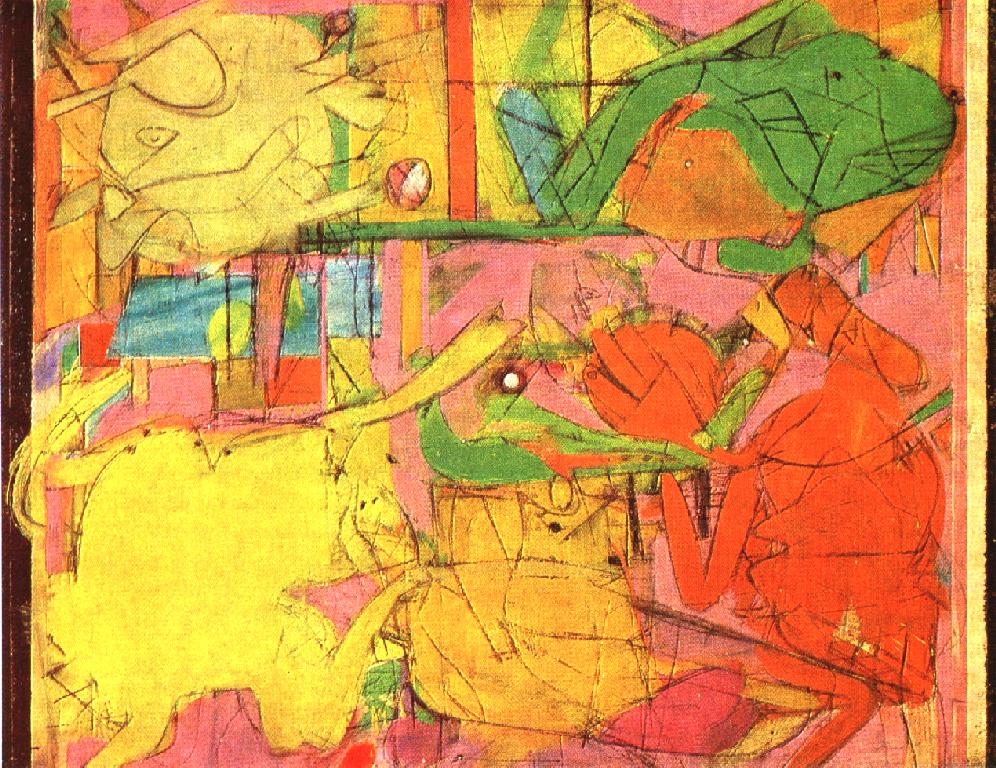While it is certainly true that a stare does not mean malice or hate, a stare can say a lot about the social progress and climate in a society. Before beginning my 4-month program abroad in Prague, the capital of the Czech Republic, I did surface level research into what to expect as a Black woman in the country’s largest city. Equipped with the experiences I read from other Black travelers, I expected stares and possibly refusal of service (which are, unfortunately, still mild reactions in comparison to more dangerous environments for a person of color). In my short stay in Prague thus far, claims of stares and double takes have held true, but stares can mean curiosity and interest more so than hate and discrimination. So, what is the Czech Republic’s climate around race relations?
As of 2017, the country, with a population of about 10.6 million people, has a mostly homogenous ethnic makeup, with about 64% of the population being white Czechs.[1] Additionally, the former Czechoslovak state has a rather large undeclared nationality group at 26% and a fraught relationship with its 1% (approximately 250,000) of Roma people. This in mind, in a country where most of its citizens are white and live in its various countrysides, curiosity of other races and nationalities comes at no surprise.
However, Prague and the greater Czech Republic have some ugly issues with discrimination that are important to acknowledge. Although there does not seem to be a major crisis of discrimination towards Black people, concern about how one may be treated as a Black person or person of color is still quite valid and supported through certain scenarios of racism and hate crimes. Czech football is an example of these concerns. Former Black players in Czech’s club football leagues, such as Kennedy Chihuri and Theodor Gebre Selassie, have experienced disturbing acts of discrimination because of their participation on Czech teams. Both players have had to endure boos from the crowd and racist chants and noises, such as fans making monkey noises from the stands.[2] Other examples of hate crimes include a quite recent one in which a Black man taking a tram in Prague was attacked by football fans. In this situation, the fans began to yell slurs and hateful words at him before physically attacking him, in which none of the other passengers or the driver intervened. This is extremely concerning as bystanders to racism are just as problematic as actual perpetrators of racism.[3]
Now to think about these acts within even larger social issues concerning racial minorities in the Czech Republic reveals the root of these worries. The longstanding discrimination towards the Roma community is quickly learned. The Organization for Economic Co-cooperation and Development (OECD)[4] discusses some of the social issues with Romani people writing of the social exclusion, gap in access to an equal education system, and the need for integration of the Roma into the mainstream, particularly concerning schooling. This discrimination has been historically present. However, some efforts for progression has been made in the recent news of The Czech government’s purchase of the former Nazi concentration camp, turned pig farm, that housed Roma people during the 1940s. With the state’s new possession of the farm, there is hope for it to be transformed into a memorial to honor the Roma that died in the camp. While some see this as a step towards progress and recognition of the past atrocities, many are still unconvinced that this will actually happen and unsure of this progress.
So, should people of color traveling to Prague be concerned about how their identity will impact their experience? Perhaps. Though there does not seem to be overwhelming cases of discrimination against travelers, there are very real social issues with those who have a history within the country. This primarily concerns the Roma people. The Czech Republic certainly has some growing to do regarding social change and awareness, both with properly integrating the Roma community and in acknowledging and confronting cases of discrimination towards other minorities as well. My final take aways? The Czech Republic must push itself to recognize its history and that of the Roma people in order to continue to grow. In terms of my stay, I had to become more comfortable with people reacting to my presence in a city with people that don’t look like me. But still… Don’t touch my hair!
[1]http://www.worldatlas.com/articles/ethnic-groups-in-the-czech-republic.html , http://worldpopulationreview.com/countries/czech-republic-population/
[2]https://www.theguardian.com/football/blog/2012/may/29/euro-2012-experts-network-czech-republic , http://farenet.org/news/czech-league-working-to-combat-racism/
published: 19. 12. 2017







